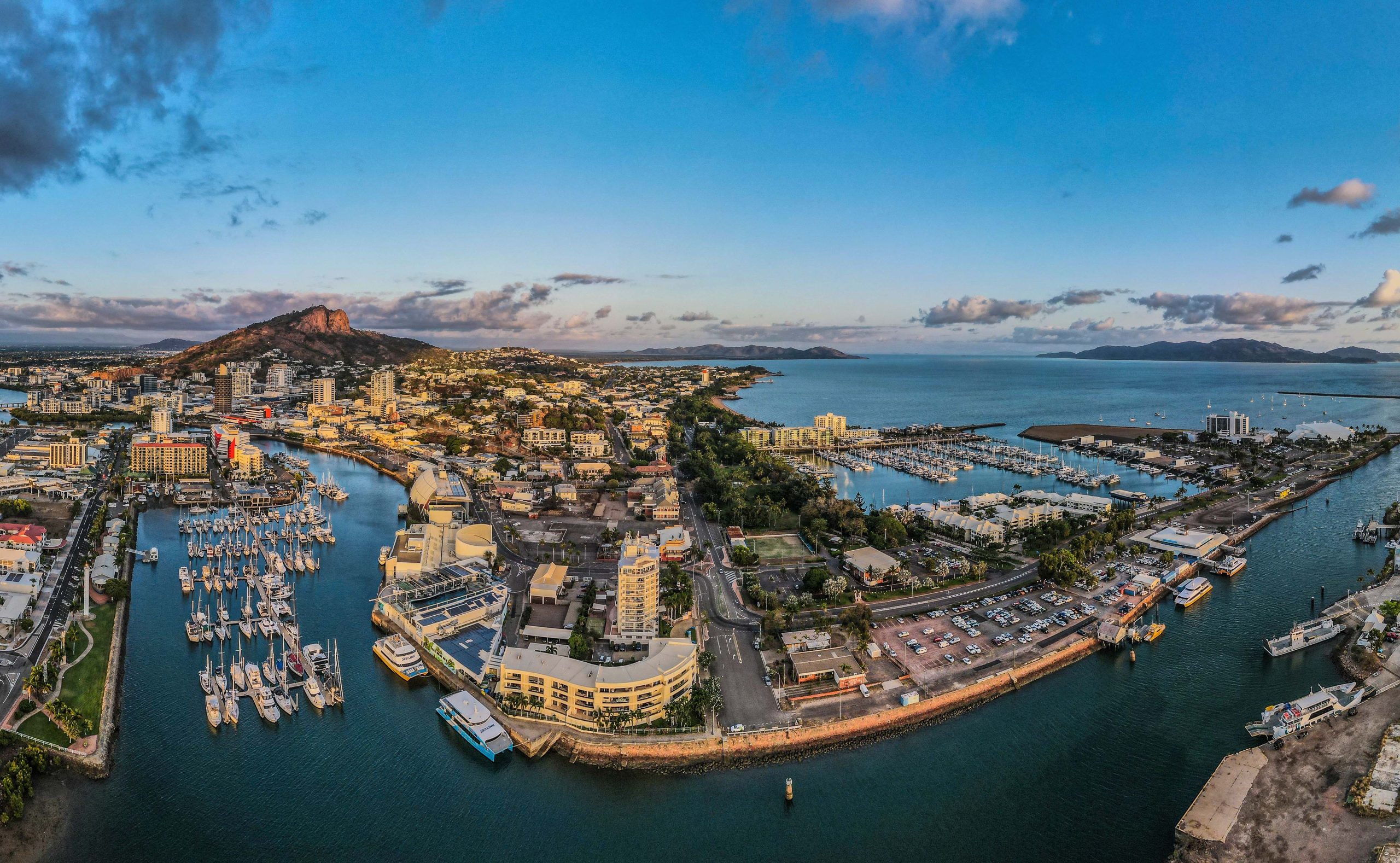Lobs and jobs growing in Townsville
Alongside Saltwater Creek at Toomulla, just north of Townsville where an old prawn farm once operated, the aquaculture business Ornatas is celebrating a successful fourth year of growth.
In this time, it has expanded from a staff of three to more than 30, and the business has its antennae fixed on employing many more in the future.
The Ornatas objective is to breed and export Tropical Rock Lobsters at a commercial scale from its Toomulla hatchery — and in doing so become the world’s first closed-cycle land-based Tropical Rock Lobster farm.
Demand for juvenile lobsters has increased in recent years, putting pressure on global stocks. Pressures on wild populations such as climate change, pollution, and habitat destruction have encouraged the hand of aquaculture to reach for an alternative lifepath for lobsters.

Game-changer for Australian seafood exports
“Our Toomulla nursery has the capacity to produce 70,000 or more lobsters,” says Ornatas CEO Scott Parkinson. “We’re building a whole new industry for Australia in lobster aquaculture — starting right here.”
Ornatas’ diverse collaborators come from the top aquaculture innovators in Australia, and research partners include the ARC Research Hub for Sustainable Onshore Lobster Aquaculture at the University of Tasmania’s Institute for Marine and Antarctic Studies. The CRC for Developing Northern Australia and the Fisheries Research and Development Corporation support the SeaRaft project lead by Ornatas in collaboration with Honey & Fox, JSJ Seafood, Maxima and the University of Tasmania.
Science, support, and operational staff come from the region and across the country to work at the world-first facility. A growing pod of graduates from James Cook University and local workers of varied backgrounds are counting their luck to have the cutting-edge hatchery in which to incubate their own careers.

The win for our waterways
“Ornatas has undertaken extensive efforts to understand the local waterways,” says Adam Folkers, Regional Manager Environmental Management at NGH, the consultancy firm supporting Ornatas in its environmental monitoring of the marine and terrestrial waters surrounding the Toomulla facility.
Comprehensive monitoring is conducted at a number of sites, including the local favourite, Saltwater Creek at Toomulla Beach.
“It’s truly exciting to work with an organisation with a clear vision, applying cutting-edge practices and a genuine commitment to growing and operating as a thriving, environmentally conscious aquaculture entity,” Adam says.
“Townsville can look to Ornatas as a prime example of how responsible business can work wonders for waterways,” says our Executive Officer Kara-Mae Coulter-Atkins.
Meeting regularly with Toomulla locals to keep them abreast (or a tail) of progress. Ornatas collaborate regularly with the Toomulla Beach Community Association and have helped out sponsoring some signage for the local community.

Donating data for the cray-ter good
Both Ornatas and NGH are partners of the Dry Tropics Partnership for Healthy Waters, and generously contribute their Toomulla water health data to the Partnership to help produce the annual Townsville Dry Tropics Waterways Report Card.
“Partnerships are fundamental to our success,” says Hatchery and Research & Development Manager Jennifer Blair, also a recent President of the World Aquaculture Society.
“We’re proud to have such a global leader like Ornatas at our Partnership table,” says our Executive Officer Kara-Mae. “Eyes across the world are following the development of the young lobsters in these state-of-the-art Toomulla tanks, and Townsville is already benefiting.”
Last year, Ornatas received a $2 million Northern Australia Business Development infrastructure grant from the Federal Government Department of Industry, Science and Resources to support the growth of its operations. This has assisted Ornatas to refurbish what was a run-down site into a commercial facility.
In March of this year the Queensland Government announced a $7.5 million investment across Queensland’s growing aquaculture industry, which is welcomed by all in the sector.
“From lobster, to redclaw crayfish and barramundi, North Queensland’s aquaculture industry is the ‘reel’ deal,” said Minister for Agricultural Industry Development and Fisheries Mark Furner.
Follow Ornatas and NGH as they continue to show the rest of the country and world how stewardship and sustainability is done in North Queensland.
Image of Juvenile Tropical Rock Lobster (Panulirus ornatus) courtesy of The ARC Industrial Transformation Research Hub for Sustainable Onshore Lobster Aquaculture.



